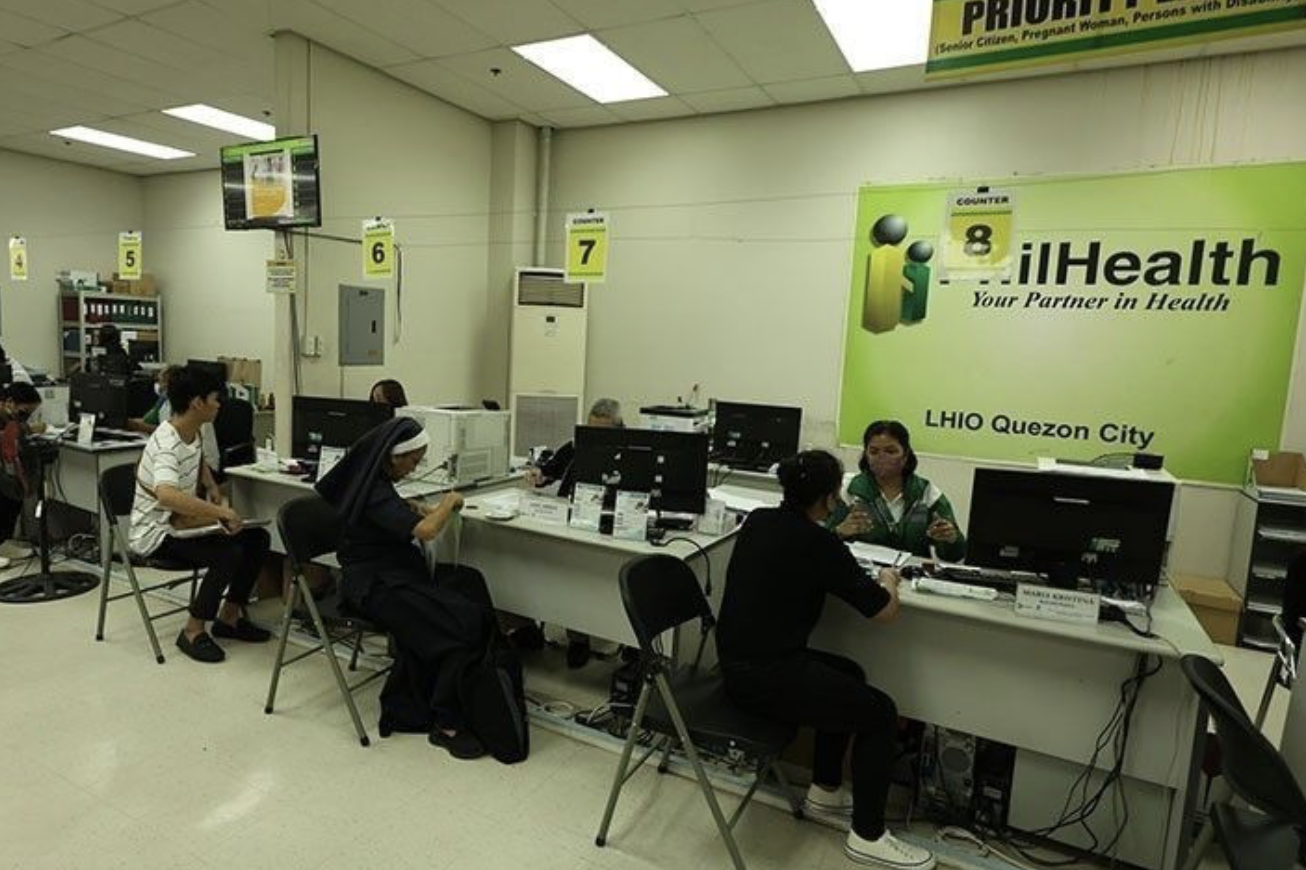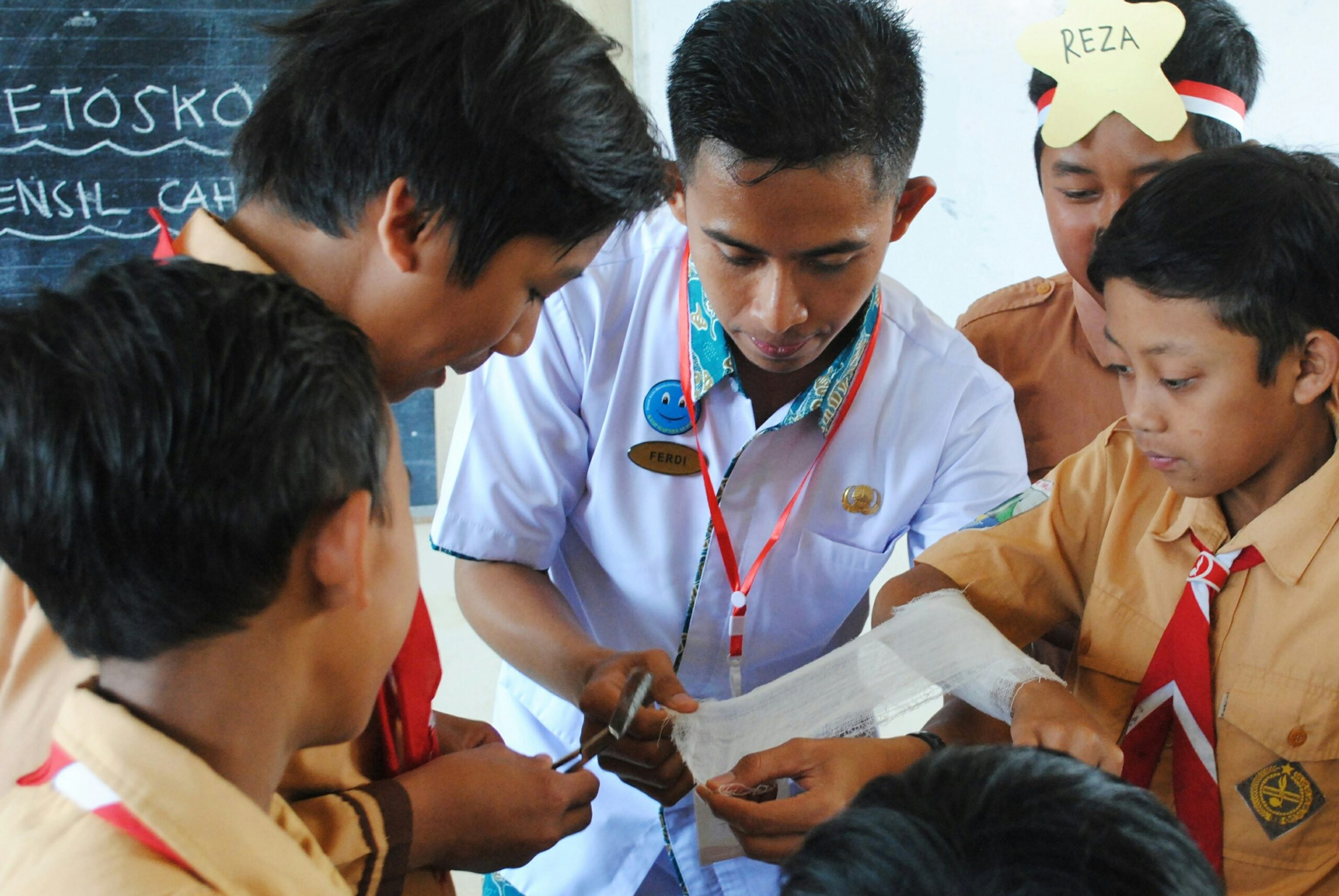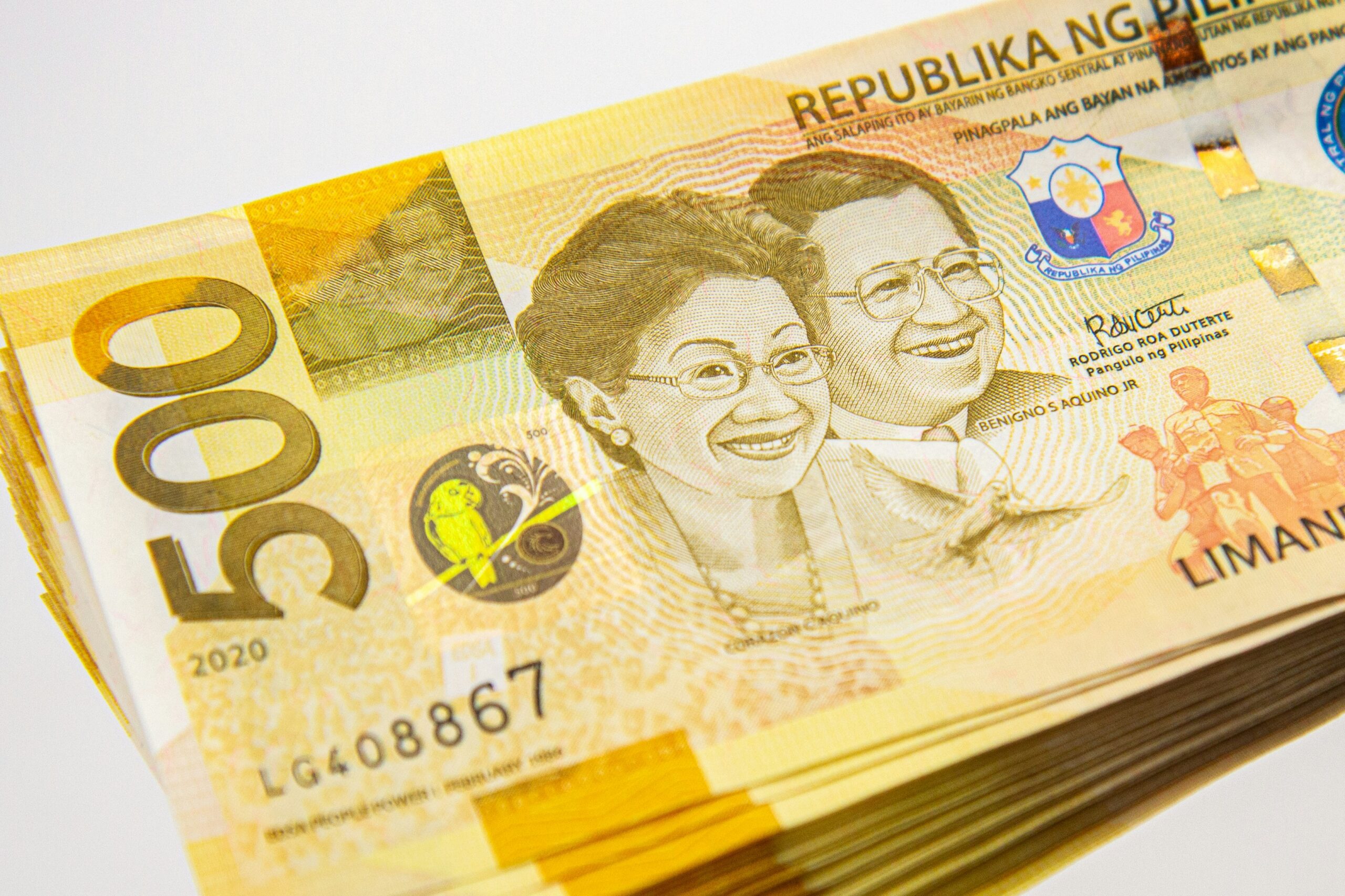In 2024, the Philippine government swept P60B in idle PhilHealth funds to the Treasury, triggering controversy and a Supreme Court halt on further transfers. The President pledged to restore the funds in 2026, but experts warn cash alone won’t fix service delivery or UHC
In 2024, the Philippine government swept idle balances from government-owned and controlled corporations, notably extracting P60 billion from PhilHealth, with tranches in May, August, and October, before the Supreme Court halted a planned fourth transfer. Officials justified the sweep as necessary for urgent expenditures: overdue health worker allowances, medical assistance to indigents, public hospital expansion, equipment upgrades, and health infrastructure projects. The government has since announced that the P60 billion will be restored as “savings” in the 2026 budget, but this is contingent on favorable fiscal conditions and ongoing Supreme Court petitions challenging the original sweep.
What’s at stake is broader than cash return. While PhilHealth has expanded benefit packages and higher payments for complex diseases, persistent problems remain: Six years after the Universal Health Care (UHC) Act, its implementation is still incomplete. UHC’s intent is to consolidate financing—PhilHealth inflows, Department of Health grants, and LGU health budgets—into a single Special Health Fund (SHF) for each province or city, managed under one plan and budget, to streamline procurement and payments.
Currently, health facilities and funding are fragmented, leading to delays in medicine delivery, idle funds, political gridlock, and a skew toward payroll spending instead of operations or supplies—especially affecting poorer LGUs relying on national tax shares. Recent research by the Ateneo Policy Center found that while LGU health budgets have increased since 2022, outcomes have lagged due to these inefficiencies.
To address this, the article recommends fully implementing UHC and using SHF as the single operational wallet for health procurement and payment, with transparent, regular reporting to monitor funds and services. Moving PhilHealth money out of corporate accounts and into SHFs, governed by local health boards and the Commission on Audit, would make “sweeps” harder and ensure funds are obligated directly to health service delivery.
Key safeguards include tying SHF funds to enforceable obligations or provider contracts, regular audit and reconciliation procedures, and publication of dashboards tracking enrollment, utilization, deliveries, and outcomes to improve transparency and deter diversion. Even so, future sweeps are possible if large unspent balances persist or Congress changes the law. But, the closer health financing aligns with organized, province- or city-wide health systems, the less vulnerable vital funds become.
Ultimately, the return of funds alone is insufficient. Without structural reform and strong accountability mechanisms, increased budgets will not deliver better outcomes for Filipino patients. True progress demands the completion of UHC’s systemic changes—only then will returned billions reach the bedside rather than sitting idle or at risk of future sweeps.





